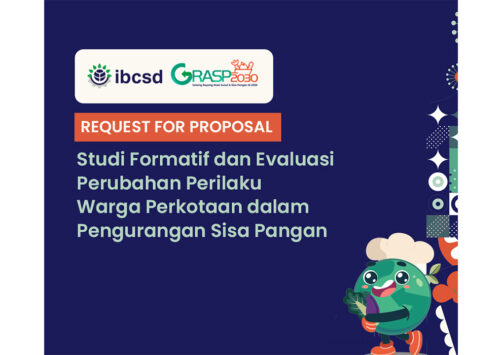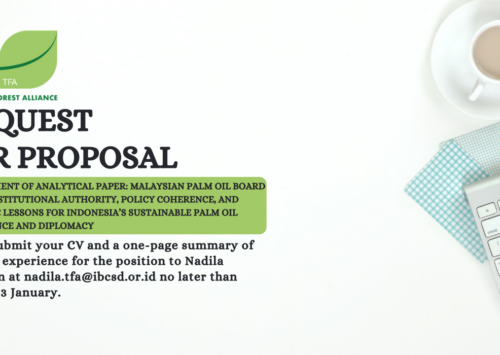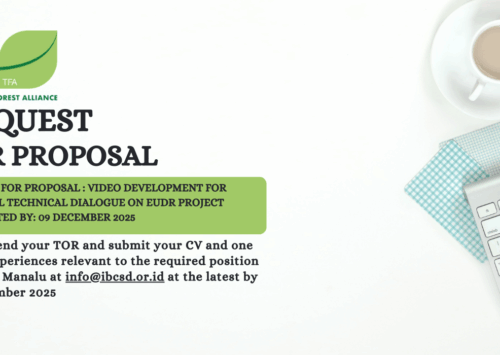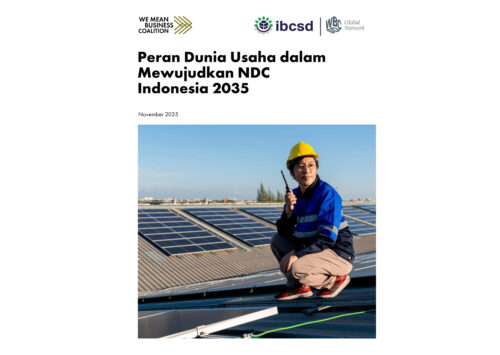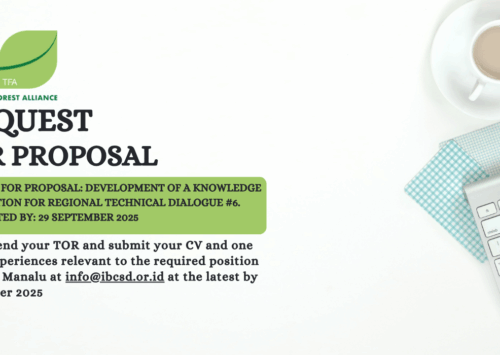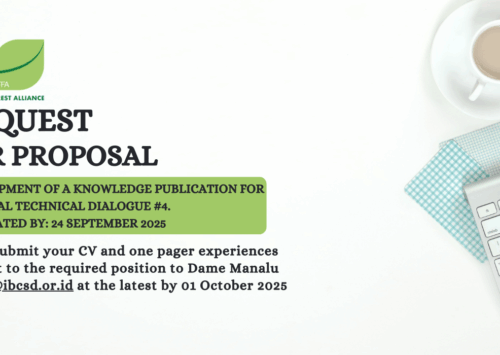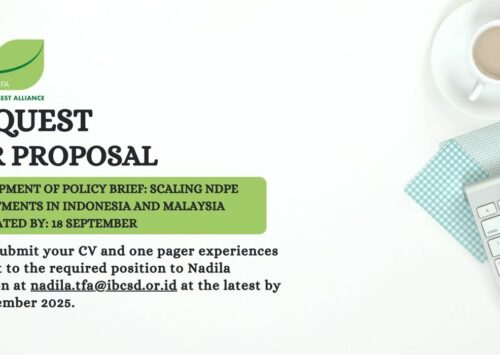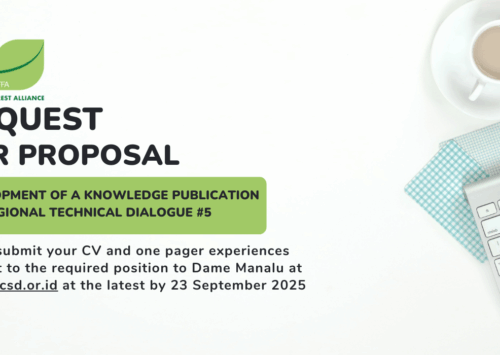In line with the Indonesian Presidency at the G20, the Ministry of Agriculture through the Meeting of Agricultural Chief Scientists (MACS) has an agenda to support the Sustainable Development Goals, especially the 12.3 target, a 50% reduction of FLW at the retail and consumer levels, as well as reducing FLW in the food production chain.
The Technical Workshop on Food Loss and Waste is a series of MACS agendas organized by the Agricultural Research and Development Agency (Balitbangtan) of the Ministry of Agriculture, in this case the Agricultural Postharvest Research and Development Center (BB Pascapanen) in collaboration with the Th?nen Institute, Germany. The activity took place for two days from 5-6 October 2022 at the Grand Kheisa Hotel, Yogyakarta Special Region.
Carrying the theme ‘What Reduction on Food Loss and Waste can and must be contributed to Sustainable Intensification’, this workshop aims to obtain the latest information related to FLW reduction innovations in the ASEAN region, determine relevant FLW measurement methods, and determine appropriate policies to be jointly implemented regionally.
IBCSD was given an opportunity to introduce GRASP2030 as a collaboration platform between private sectors and other supporting actors to work together in tackling food loss and waste on the first day of the workshop. The Executive Director of IBCSD, Indah Budiani, said that GRASP2030 would support the government and contribute to FLW reduction action in Indonesia.
Other competent speakers also presented valuable information of FLW interventions in ASEAN and global during the plenary session. The line of speakers namely Carola Fabi (FAO), Dr. Kohei Watanabe (Teikyo University), Prof. Dr. S. Joni Munarso (Association of Indonesian Postharvest Technology Experts), Prof. Dr. Handewi Salim (Indonesian Research Association), Kuntum Melati, MA, MSc (Stockholm Environment Institute Asia), and Young Run Hur (UNEP). After the plenary presentation, the participants were divided into 4 groups to brainstorm on what needs to be done and what are the challenges in reducing food loss and waste in the region.
On the second day, speakers, delegates, and participants visited a maggot farm operated by PT Maggoprotein Alam Indonesia as one of the practical solutions to reduce food waste in the Yogyakarta region. After that, the group was brought to visit Salak (snake fruit) plantation, Foodbank of Indonesia, and Batik craft center. The workshop was closed with dinner and Ramayana ballet show at Prambanan temple.
The Food Loss and Waste Technical Workshop was attended by 9 ASEAN countries consisting of policy makers, ministries/institutions, universities, practitioners, companies and related associations. (Bryan)
